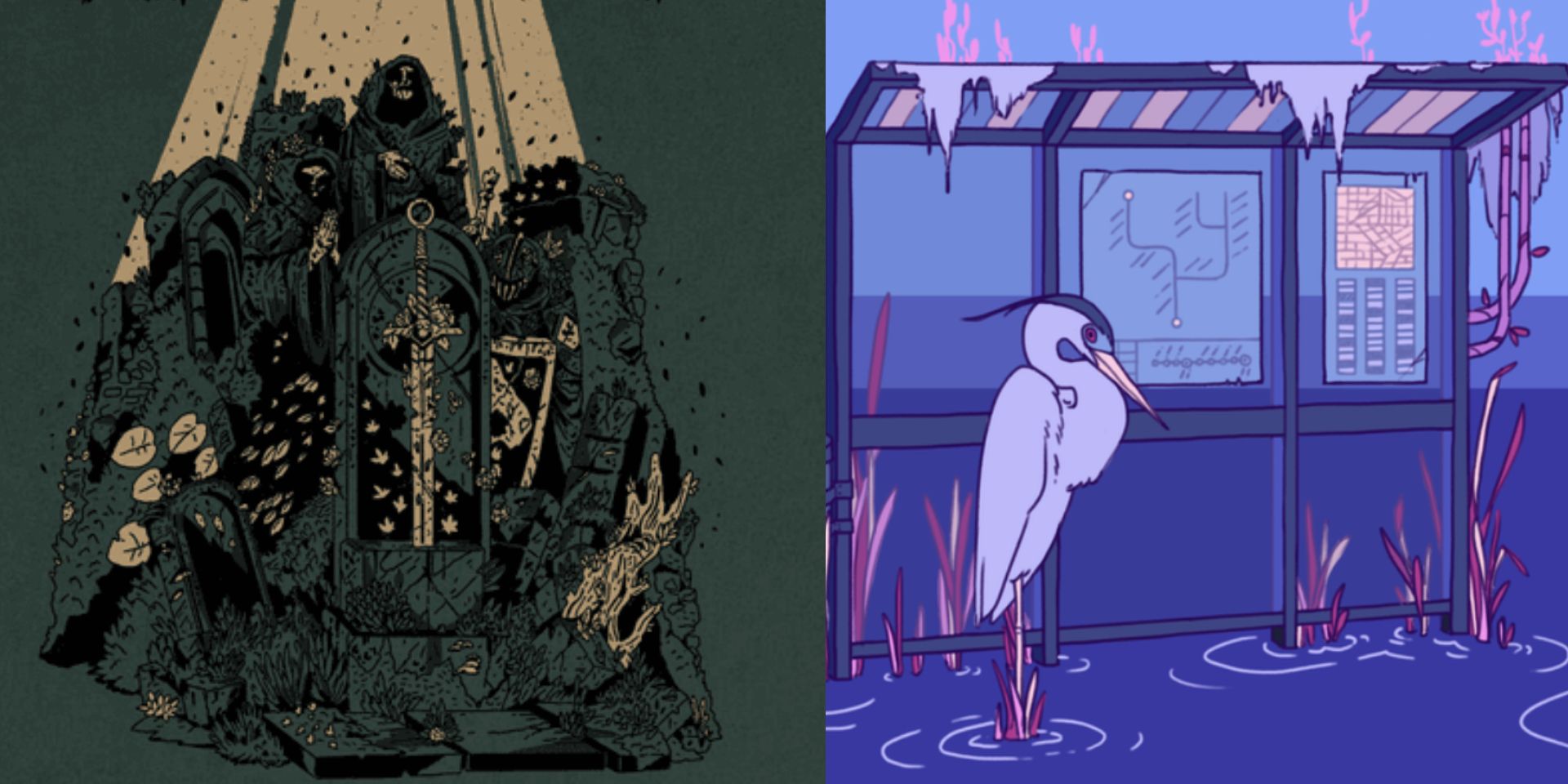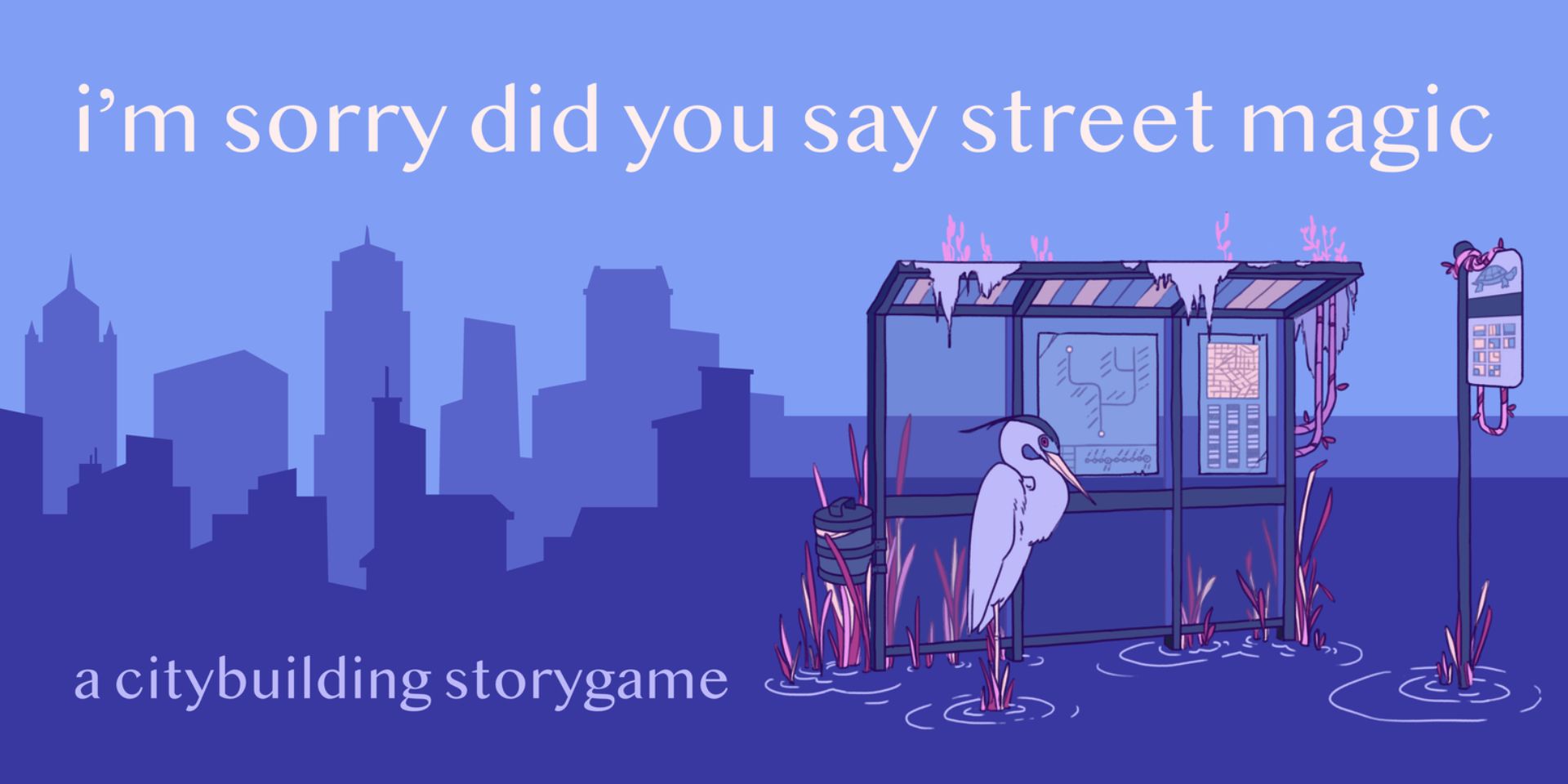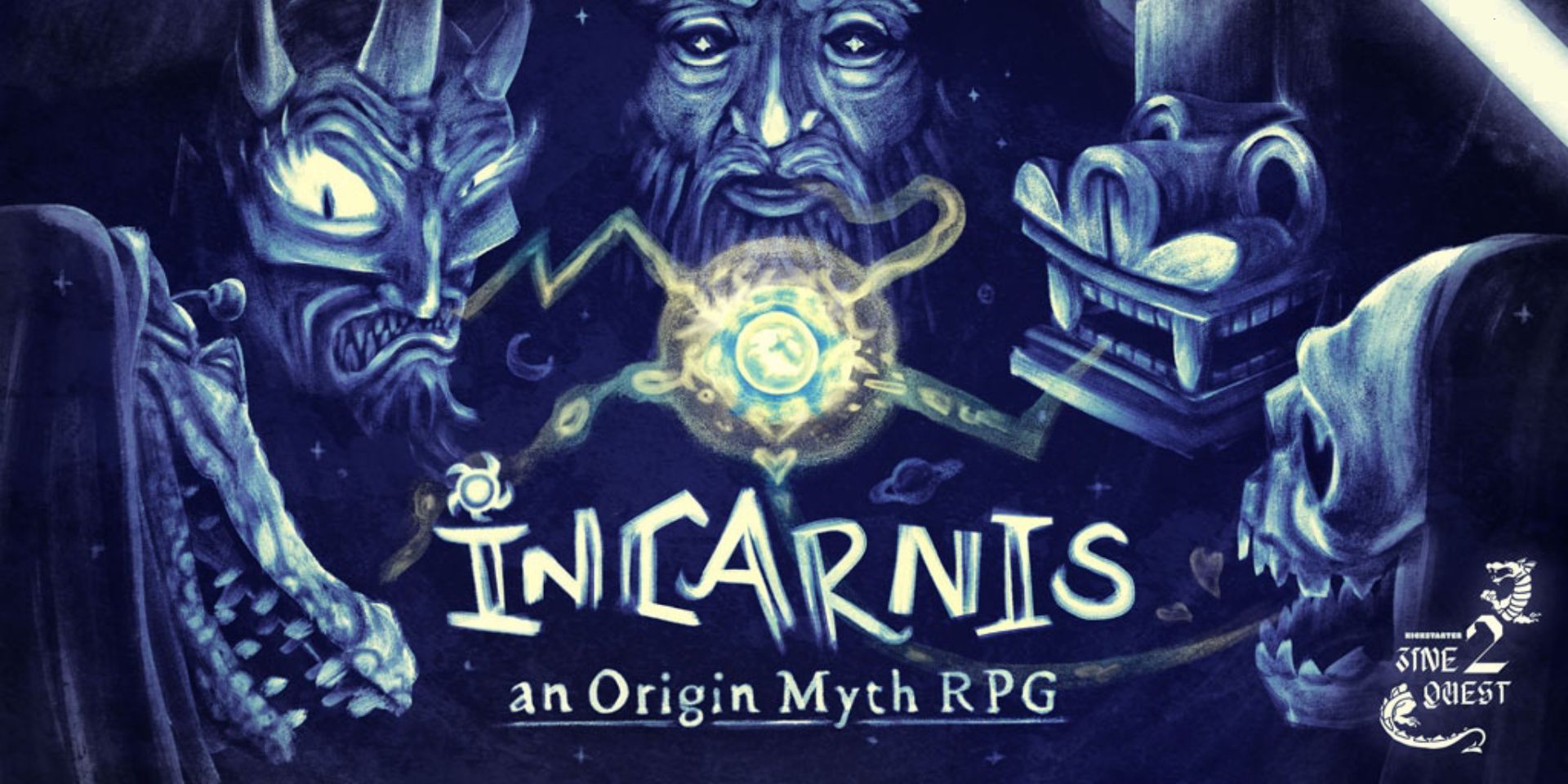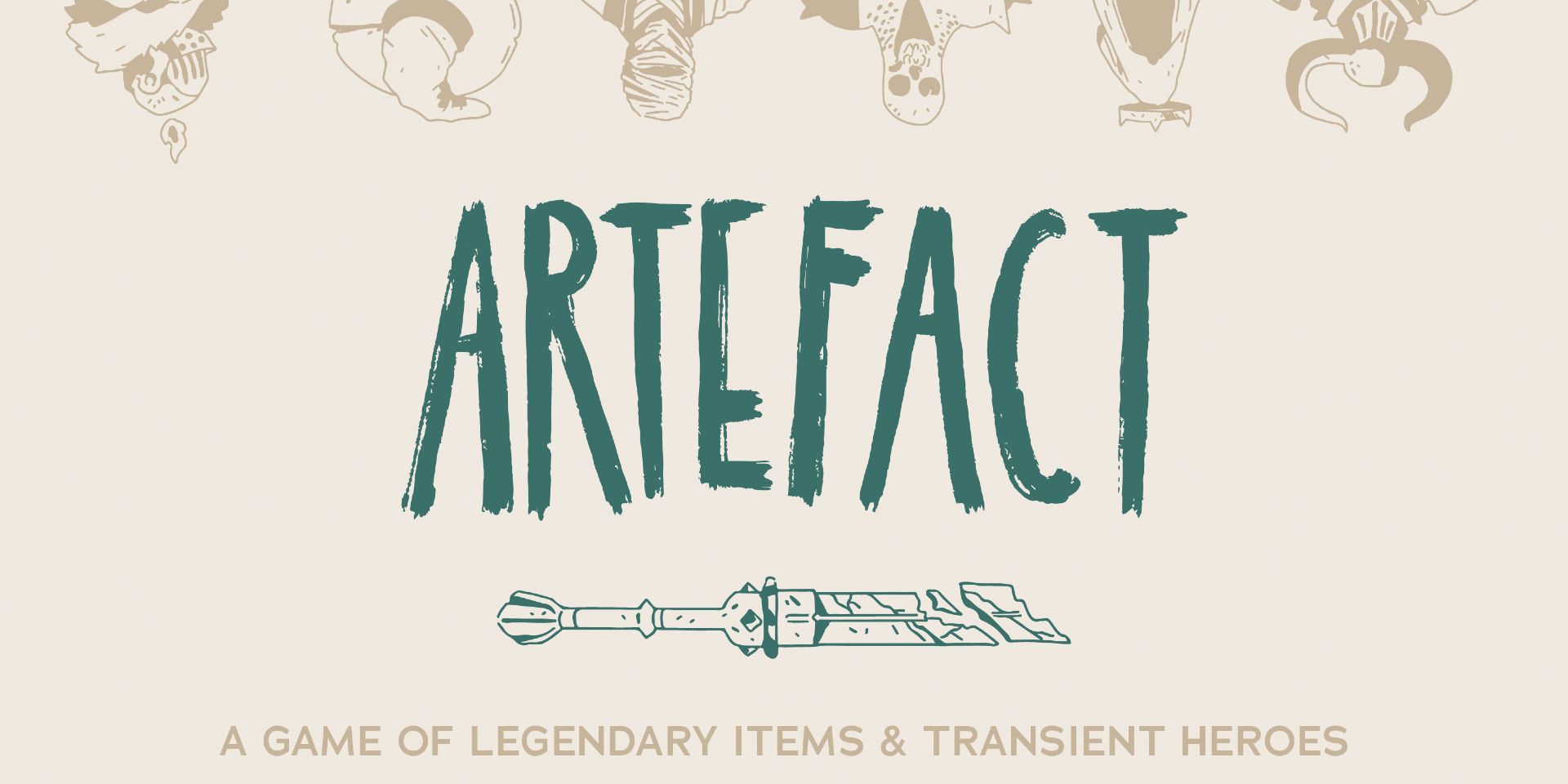
Heavy is the burden of Game Masters, who must dream up novel worlds and living characters for RPGs like Dungeons & Dragons, but with the following journal-writing RPGs, the act of creating a campaign for a roleplaying games is transformed into a fun activity. GMs and DMs who want to create an immortal antagonist, design a puissant relic of power, or craft a city full of magic and secrets will find these RPG systems particularly interesting.
With the creation of Dungeons & Dragons by Dave Arneson and Gary Gygax came the role of the Dungeon Master, who created challenging scenarios for players (and their parties of adventurer characters) to cooperatively overcome. When other tabletop designers came up with their own RPG systems, they came up with their own terms for the designated player-wrangler - Storyteller, Master Of Ceremonies, Keeper, Narrator, or most frequently, "Game Master."
Outside of tabletop RPGs designed to work without GMs, the Game Master of an RPG campaign is saddled with the arduous responsibility of creating a world for their players to interact with, characters they can engage with, and plot threads for them to follow. Often, a GM must improvise new characters and narratives in response to unpredictable player decisions, but the more material they create ahead of time, the less frustrating said improvisation is. This is where the following Journal-Writing RPGs come in handy: Solo Journal RPG systems make the chore of creating characters and plot hooks more fun for GMs, while the multi-player Journal RPGs can be used to "trick" player groups into doing most of the RPG worldbuilding work for the GM.

Microscope is a self-described "fractal roleplaying game of epic histories" published by Lame Mage Productions. In a session of Microscope, designed to be run without a GM, players define the start and end of a long era of history - a war between aliens, the rise and fall of an empire, a generation ship traveling slow between the stars - then taking turns filling out index cards with description of events, people, and upheavals spanning that slice of epic time.

The story game called i'm sorry did you say street magic, a quasi-hack of Microscope available on itch.io, is a GM-free city-builder where players collaborate to design a magical city filled with neighborhoods, residents, landmarks, relationships, and bustling fantasy or sci-fi tabletop taverns, each with their own true names. The end result of a i'm sorry did you say street magic session is an intricate and dynamic city setting players can explore through RPG campaigns, novels, or other narrative experiences.

Incarnis, a self-proclaimed "Origin Myth RPG" recently funded on Kickstarter, is a Zine game about a polytheistic pantheon of deities a la American Gods and the world they help shape. Each player creates/portrays a flawed divine being with power over a certain domain, then collaborates to tell stories about the passionate relationships between each deity, and how the world is formed or altered as a side effects of their romances, conflicts, and squabbles. The end results of these roleplaying scenes are creation myths and origin stories about how the world was made, why giraffes have long necks, who gave the gift of fire to humanity, and so on.

The RPG called ARTEFACT, for sale on itch.io, is a solo journal-writing game about designing one of these mighty pieces of loot and uncovering the story behind it (a bit like those magical item descriptions in Dark Souls games). Loot is a quintessential part of the Dungeons & Dragons experience – the cursed ring, the magic sword, the staff of power unearthed from a dark tomb in a deep dungeon. Players of journal-writing RPG ARTEFACT who pursue the core rulebook will answer a series of questions about these kinds of items, detail their origin, abilities, and the people who kept and wielded them over the years.
Sources: Lame Mage Productions, itch.io – ARTEFACT, itch.io – Street Magic, Kickstarter
from ScreenRant - Feed https://ift.tt/3hENyov

No comments: